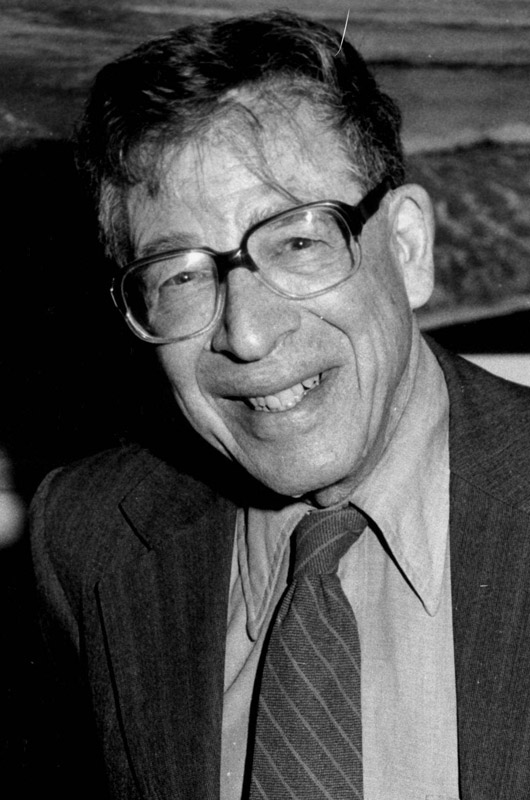David Lowenthal, historian, geographer and environmentalist, died in September in London. He was 95 and had just completed Quest for the Unity of Knowledge, which was published this month.
He was a Chilmark summer visitor in the 1930s and 1940s and returned to the Island in the 1960s when he was a research associate of the American Geographical Society in New York.
With the aid of a Resources for the Future Grant, he was trying to find out how man looks at his environment and how the wisest use can be made of this country’s natural resources. On that visit, he applauded local conservation and preservation efforts. He found then that the Vineyard had changed relatively little compared with mainland resorts and was delighted that it still resembled he Island he had known in his boyhood. He also warned however that “any structure on this Island is apt to look at variance with the environment, especially in coastal areas because the colors and textures are small-scale and the subtleties are very great... Any house, to fit in, must be low-lying and very small scale and preferably without startling decoration like bold white trim...
“It may appear that there is substantial room for development here, but any development — particularly a major one — would have a deleterious effect on the overall landscape and atmosphere. Relatively open land without much in the way of building, is important here to give the impression of space. That is one of the greatest charms of the Island.”
Dr. Lowenthal left the American Geographical Society not long after his Vineyard visit to become a professor of geography at University College London, retiring as professor emeritus in 1986.
He was born April 26, 1923, in New York city, a son of Max Lowenthal, a lawyer and advisor to President Harry S. Truman, and Eleanor (Mack) Lowenthal. He was a 1943 graduate of Harvard and received his master’s degree in geography from the University of California, Berkeley, in 1949, and his doctorate from the University of Wisconsin. He wrote his dissertation on George Perkins Marsh whose 1865 book Man and Nature, warned of environmental disaster to come.
He later taught history and geography at Vassar College. He was also associated with the University of the West Indies and the Institute of Race Relations in London.
His interest in geography developed when during U.S. Army service in World War II, he was assigned to accompany a photographer documenting roads and buildings in France and Germany.
He was the author of among others, George Perkins Marsh: Prophet of Conservation, The Heritage Crusade and the Spoils of History, The Past Is a Foreign Country, West Indian Societies and The Past Is a Foreign Country Revisited. He is survived by his wife, Mary Alice Lamberty Lowenthal, two daughters and two grandchildren.


Comments
Comment policy »